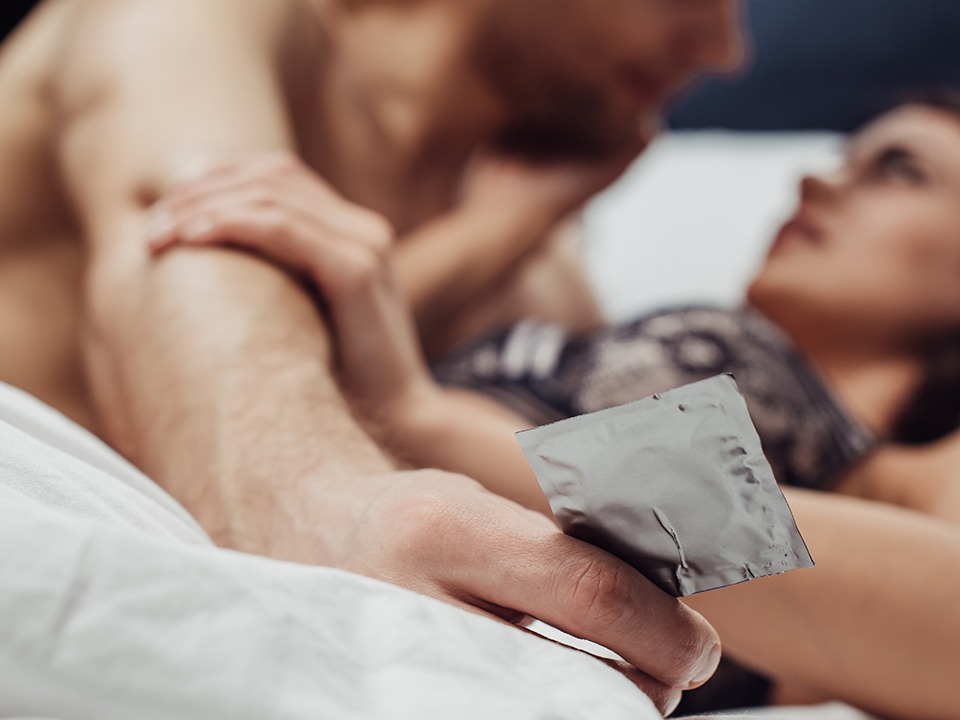Yes, lube does expire—and using an old bottle could lead to irritation, infections, or just a seriously lackluster experience. Most lubricants have a shelf life of 1–5 years, but that depends on ingredients, storage, and whether the bottle’s been opened. Water-based lubes degrade faster, while silicone-based ones last longer. If your lube smells funky, changes texture, or separates like a bad cocktail, it’s time to toss it. Doctors stress that expired lube isn’t just ineffective—it can disrupt your body’s natural balance down there. So, before you reach for that dusty bottle in your nightstand, here’s what you need to know.
The Sneaky Science Behind Lube Expiration
Lubricants break down over time for the same reason your favorite snack goes stale: chemistry. Water-based lubes rely on ingredients like glycerin and propylene glycol, which can degrade or grow bacteria if exposed to air or heat. Silicone-based lubes are more stable but can still thicken or separate. Even oil-based lubes (think coconut oil or petroleum jelly) can turn rancid. The preservatives in lube—meant to keep things fresh—eventually lose their mojo. One study found that opened water-based lubes showed bacterial growth after just six months, especially if stored in a steamy bathroom. So, if your lube’s been hanging around longer than your last relationship, it’s probably past its prime.
How to Spot a Rogue Bottle
Expired lube isn’t always obvious, but your senses are the best detectives. Cloudiness or clumps in water-based lube? Red flag. A silicone lube that’s turned sticky or developed a weird odor? Definitely sketch. Oil-based lubes might smell sour or leave a greasy film that won’t absorb. Doctors warn that using compromised lube can cause burning, itching, or even UTIs—especially if it’s pH-disrupting or contains irritants like parabens. Pro tip: Always patch-test old lube on your wrist before using it elsewhere. If your skin throws a fit, your other sensitive areas definitely will.
Storage Hacks to Extend the Fun
Keep your lube living its best life by storing it like a fine wine—cool, dark, and sealed. Bathroom cabinets are a no-go (humidity = bacteria’s BFF). Instead, stash it in a bedroom drawer or even the fridge (yes, really—some high-end lubes recommend refrigeration). Avoid leaving bottles uncapped or in direct sunlight, which can accelerate breakdown. Pump bottles are cleaner than tubs where fingers dip in repeatedly. And if you’re a lube minimalist, opt for travel-sized tubes to avoid wasting half a bottle before it expires.
When to Splurge vs. When to Purge
Not all lubes are created equal. Medical-grade silicone lubes (like those used in pelvic exams) often have longer expiration dates and fewer irritants. Natural or organic lubes? They tend to spoil faster since they skip harsh preservatives. If you’re using lube for toys, condoms, or sensitive skin, freshness matters even more—degraded ingredients can damage latex or trigger reactions. A good rule of thumb: If you wouldn’t eat expired yogurt, don’t use expired lube. When in doubt, check the packaging for a Period After Opening (PAO) symbol—that little jar icon with a number (e.g., “12M” means 12 months after opening).
The Doctor’s Final Verdict
OB-GYNs and urologists agree: Fresh lube is safer lube. Expired products can alter vaginal pH, promote yeast infections, or cause microtears (thanks to thickened or gritty textures). For folks with recurrent irritation, switching to single-use lube packets might be a game-changer. And remember—lube isn’t just for sex! If you’re using it for medical reasons (like dryness from menopause or meds), expiration dates are non-negotiable. Bottom line? Treat lube like sunscreen: effective until it’s not, and definitely not worth the risk once it’s gone rogue.
So next time you’re prepping for some quality time, give your lube the side-eye. Your body (and your partner) will thank you for ditching that questionable bottle. After all, in the words of one cheeky gynecologist we interviewed: “Your genitals deserve better than science experiments.”
























